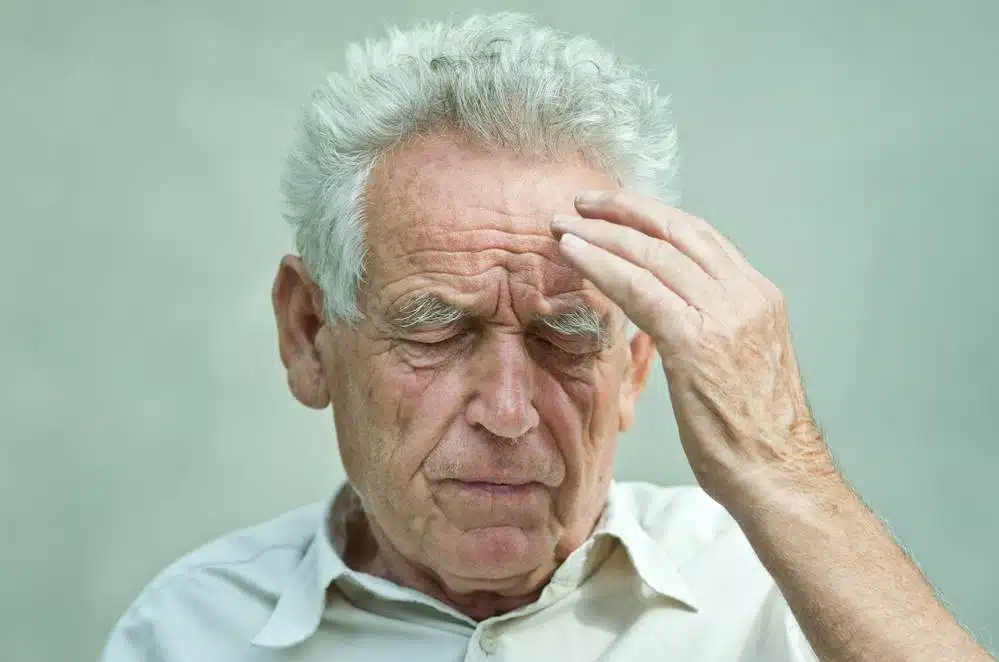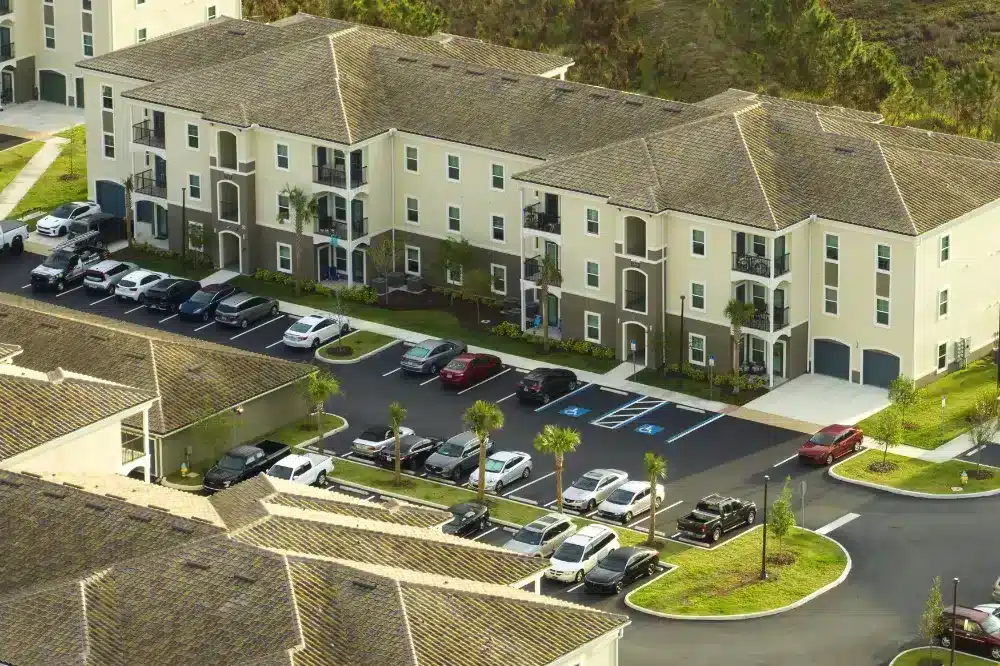
Content Reviewed by:
Steven M Levin
Content Reviewed by: Steven M Levin
Accordion Content
Since 1976, Steve Levin has been dedicated to helping people injured by others’ negligence. He is one of the first attorneys in the U.S. to prosecute nursing homes for abuse and negligence. He’s also helped write new legislation that governs the operation of nursing homes, including the Illinois Nursing Home Care Act. Moreover, Levin & Perconti has obtained the top three jury verdicts in nursing home negligence cases in Illinois.
Fall-Related Brain Injuries Go Unnoticed Too Often in Nursing Home Residents
March is Traumatic Brain Injury Awareness Month. Those who have suffered from a traumatic brain injury (TBI) acquired their irreversible injury due to severe trauma – typically when the head violently hits an object or an object pierces the skull and enters the brain. These brain injuries can be serious for the elderly, especially those with underlying conditions, and require greater assistance with daily living activities, such as long-term care patients and nursing home residents. For this older group, TBI is physically painful and can cause devastating mental and emotional challenges.
Severe skull fractures and TBI are also, unfortunately, the most common fall-related injuries that lead to a decline in an older adult’s health, including death. Ultimately, according to the Centers for Disease Control and Prevention, TBI contributes to 20% or about 1,800 nursing home resident deaths each year.
Signs of Brain Injury in Nursing Home Residents
If you are worried that a loved one has experienced a fall at their nursing home and a brain injury is suspected, know that TBI can result in many warning signs. However, TBI symptoms can go unnoticed by busy and overworked care staff or when a facility healthcare leader is not doing their job correctly. If you see any bruising around the head or face, cuts and abrasions, or notice an altered consciousness, emotional changes, loss of coordination and control of bodily functions, as well as cognitive and communication problems, act quickly by notifying the nursing director, a physician, or call 911 if necessary.
Patients with TBI may experience:
- loss of consciousness
- dizziness or loss of balance
- coma
- memory and concentration problems
- infections
- disruptions in behavior
- vision changes
- clear or blood-tinged fluid in the ears or nose
- ongoing headaches (or worsening headache)
- sleep changes
- paralysis
- trouble speaking
- droopy eyelids or facial weakness
- sensitivity to light or sound (ringing in the ears)
- sudden loss of appetite, which can lead to malnutrition or dehydration
- confusion
- agitation
- nerve damage
- lose control of bodily functions
- pressure ulcers (bed sores)
- slurred speech
- convulsions
- pupil dilation
- loss of coordination and increased muscle weakness
- nausea and vomiting
Residents who are overprescribed antipsychotics, take blood thinners, or anticonvulsant drugs also carry the additional risk of falling and experiencing TBI. These known factors should ensure facilities and staff follow each residents’ documented care plan, including fall prevention strategies.
Defending Dignity and Helping to Protect the One’s You Love
Levin & Perconti is a nationally renowned law firm concentrating on nursing home abuse and neglect, personal injury, medical malpractice, and wrongful death lawsuits. Our experienced attorneys consistently secure more large settlements than any other law firm in Illinois. Together, our Chicago personal injury lawyers and staff bring more than 130 years of legal and medical expertise to support each case we handle.
In the case of nursing home negligence, please know that it is likely there are legal options available to help you and your family. You can schedule a time to discuss your concerns about how TBI or another fall injury has impacted your loved one by dialing 312-332-2872 or reach us toll-free at 877-374-1417. The consultation is free and confidential.



